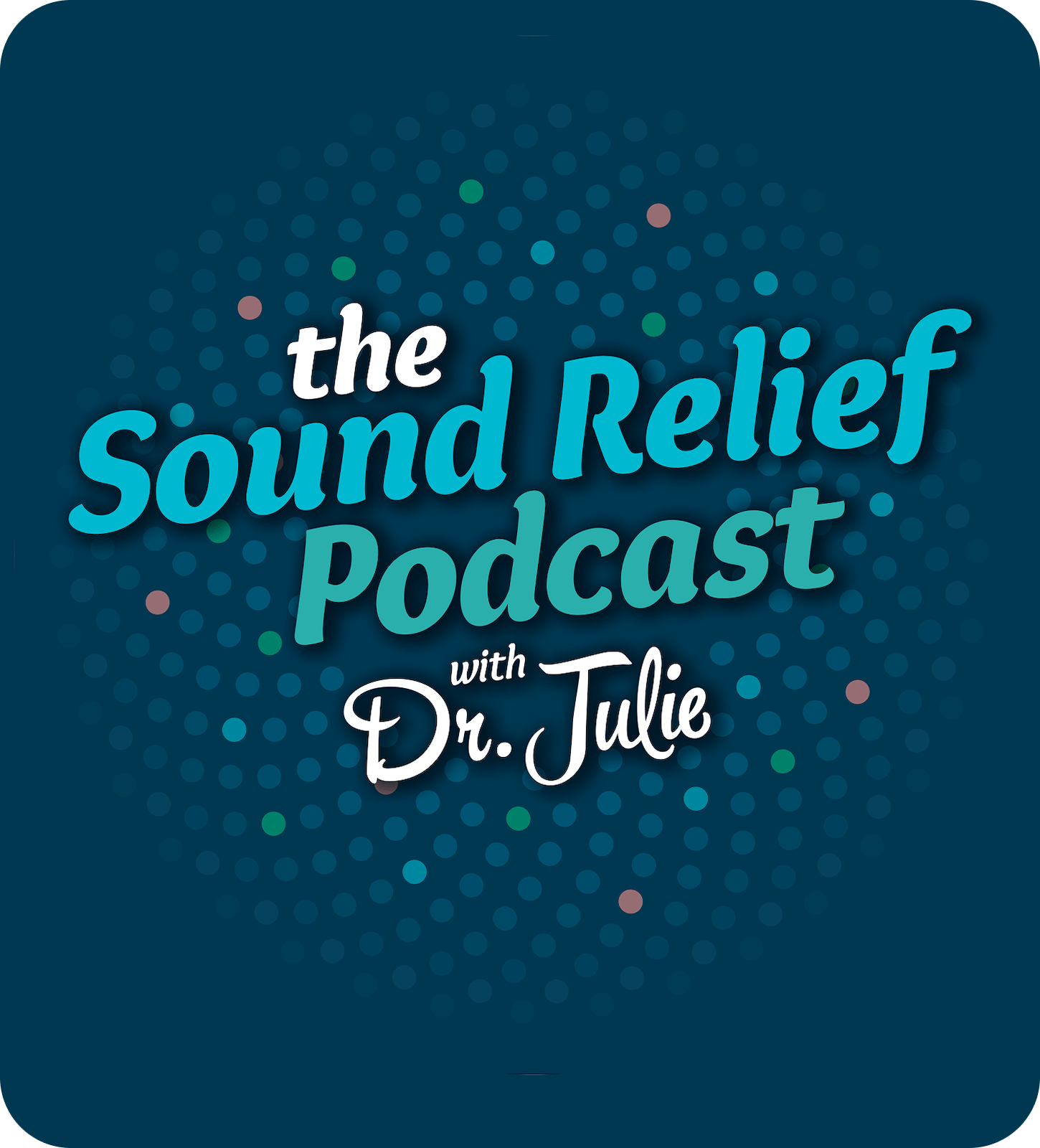Sound Relief Tinnitus & Hearing Center Blog
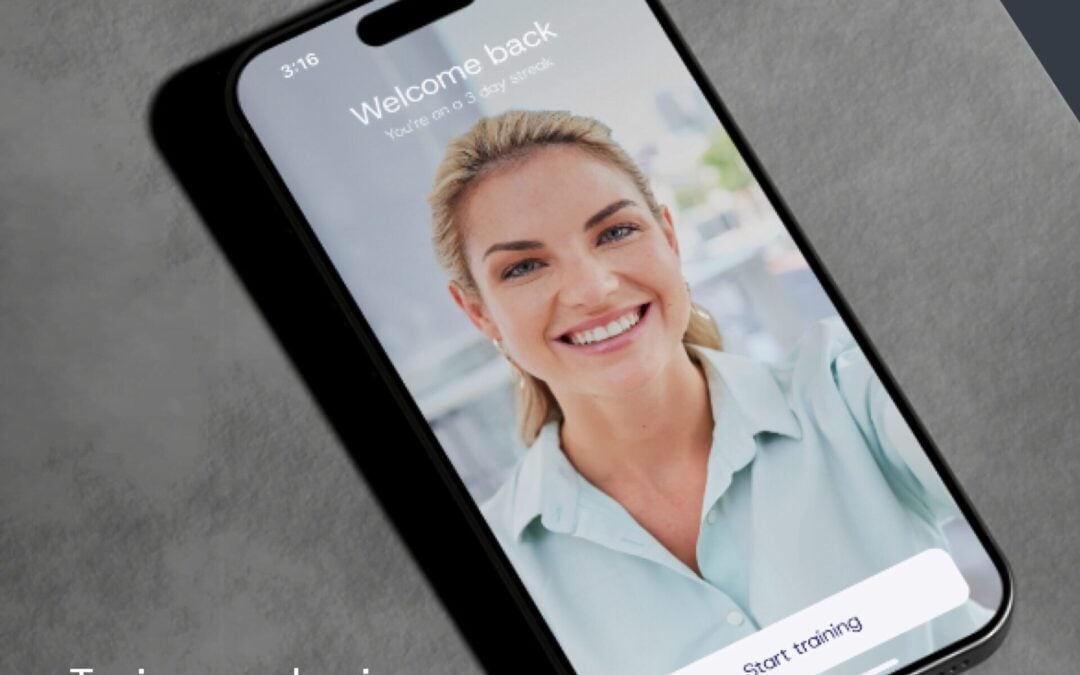
LACE AI Pro: The Latest in Auditory Training for Better Hearing and Brain Function
At Sound Relief, we are excited to introduce LACE AI Pro, the latest upgrade to the popular LACE (Listening and Communication Enhancement) auditory training program. Designed to help you strengthen your listening skills and cognitive function, LACE AI Pro offers easy-to-use, personalized exercises that can make a real difference in your daily life – whether you use hearing aids or not.
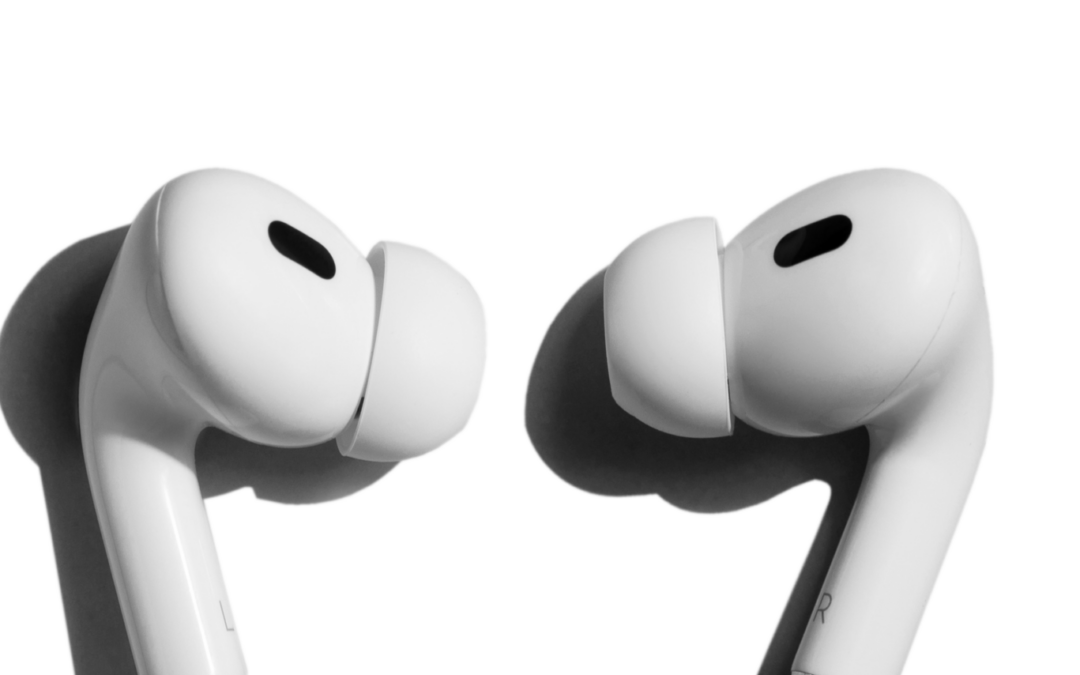
Apple AirPods Pro 2 Hearing Aid Functionality: Truth vs. Hype
As you might expect, there’s been a lot of buzz surrounding the AirPods Pro 2 and their new features, including the hearing test through Apple’s Health App and the hearing aid-like functionalities. While we will cover the Health App’s hearing test in another review, for now, let’s focus on their potential use as hearing aids. Apple has revolutionized smartphones, tablets, and even the way we think about health with their technology – but can the AirPods Pro 2 revolutionize hearing care, too? In this blog post, we will explore their hearing aid-like features, what they do well, and how they compare to prescription hearing aids. Apple also deserves credit for raising awareness about hearing health. Their efforts to address hearing loss, hearing testing, and safe noise exposure levels are a huge step in the right direction. Making these tools and information accessible to millions of Apple users is commendable, and it’s exciting to see hearing health becoming part of everyday conversations.

Silent Nights: Coping with Holiday Stress and Tinnitus
While the winter holidays are a joyful time, they can also bring added stress, which may trigger or worsen tinnitus symptoms. Managing stress during the holidays is essential for your mental and emotional well-being, and it can also help minimize the impact of tinnitus.
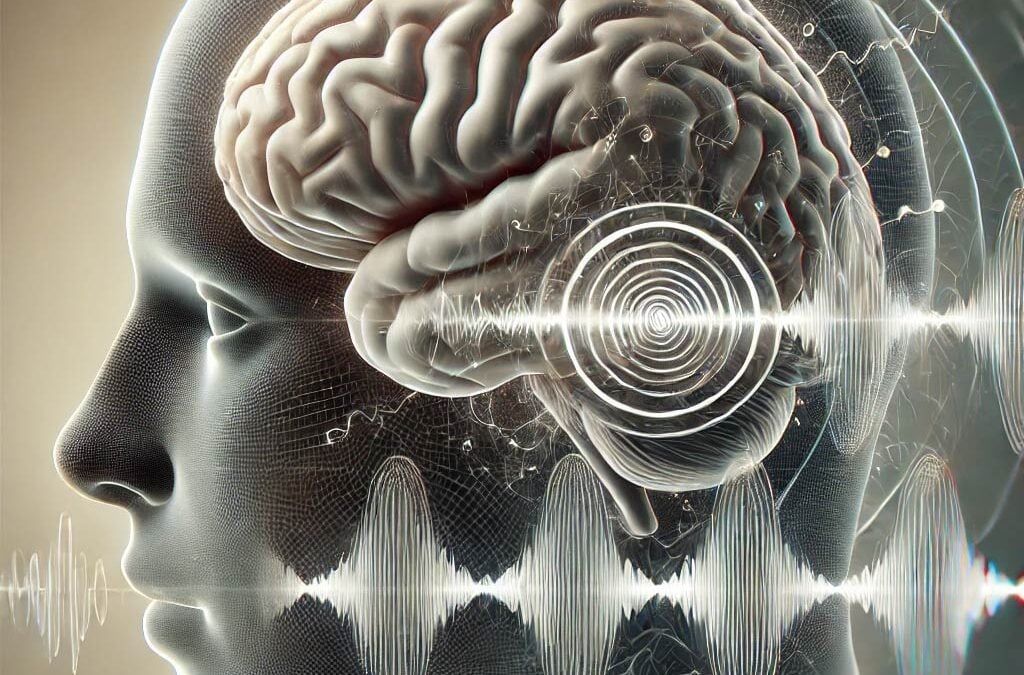
Can Hearing Loss Cause Dementia? What You Need to Know and How to Protect Your Brain
Hearing loss is not just about sound; it’s about the brain and your entire well-being. The Lancet Commission offers a profound reminder: hearing health is brain health. By addressing hearing loss early, we can reduce the strain on our brains, stay socially connected, and lower the risk of dementia. It’s not just about improving your hearing—it’s about taking control of your future.

Better Communication Tips
Fall is here and holiday gatherings are right around the corner. As family gatherings, Friendsgiving and office Christmas parties commence, hearing in crowds can be challenging, anxiety-producing and downright frustrating. In addition to using hearing technology, these effective communication strategies can turn a social gathering from isolating to enjoyable by giving you as many listening advantages as possible. Share these better communication tips with your loved ones so they can help keep the conversation flowing.

Upgrading Hearing Technology
When and why should I consider upgrading my hearing technology?
If your hearing has changed and the hearing technology has improved to a point where you can benefit from it, you should consider upgrading hearing technology.
Schedule an appointment here for a hearing test to see if your hearing has changed and possibly test-drive new hearing technology to see if it can benefit you.

Tinnitus and Hearing Discounts for our Heros
At Sound Relief Tinnitus & Hearing Center, we believe in recognizing and appreciating the heroes who selflessly serve our communities and nation. We understand that active and retired military personnel and first responders often encounter unique challenges that can lead to unresolved hearing issues such as tinnitus, sensitivity to sound, or hearing loss. These heroes put their lives on the line and devote themselves to our well-being, and we want to show our gratitude. We offer a 9.11% discount on all devices to help address their needs.
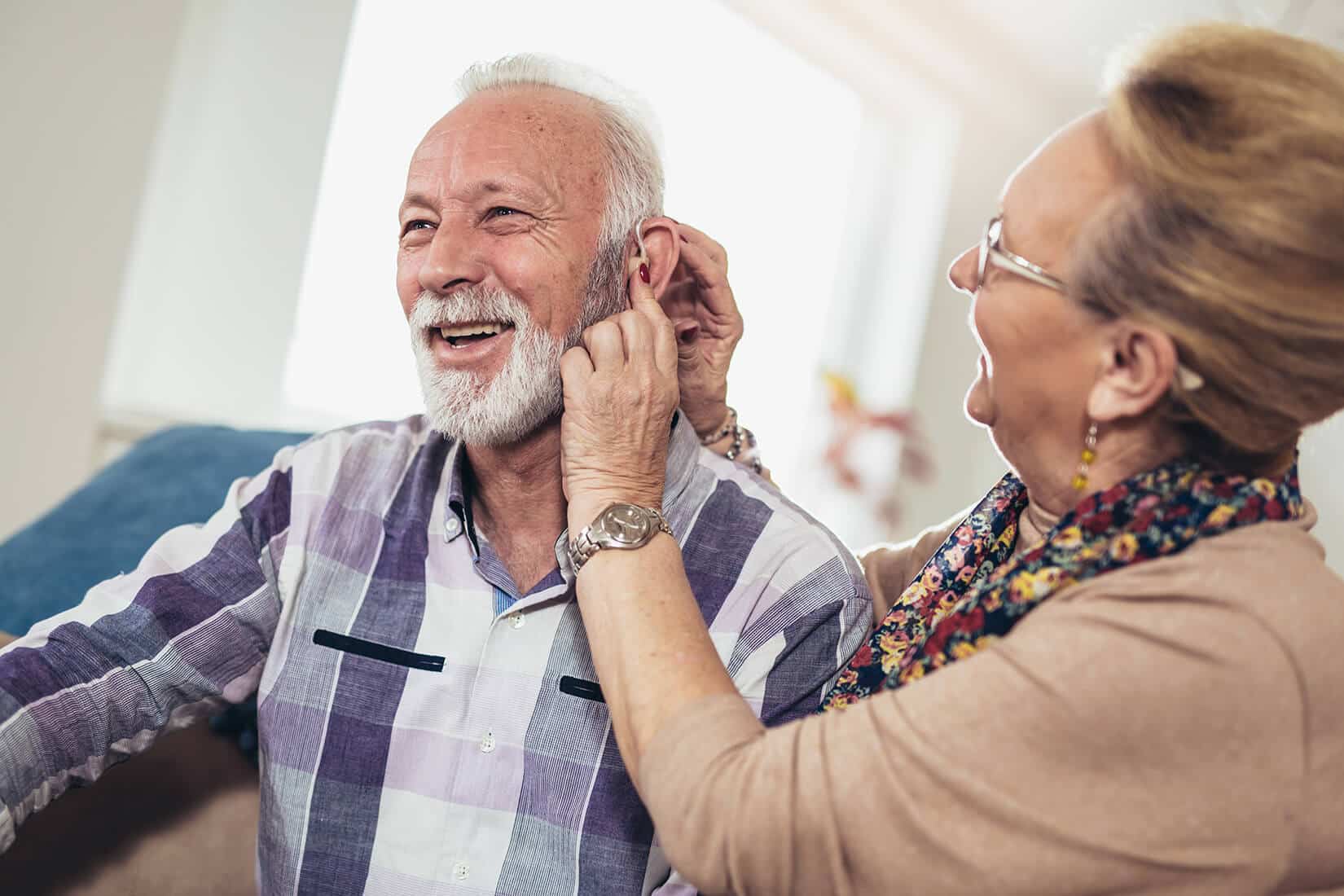
Can Hearing Aids Reduce the Risk of Dementia?
A recent study has indicated that individuals with untreated hearing loss may be more at risk of dementia when compared to those without hearing loss. The study, published in The Lancet Public Health journal on April 13, is the largest of its kind, comprising 437,704 individuals, and is the most compelling evidence to date of this connection. However, there is some hope. The findings also suggest that early detection of hearing loss and treatment with hearing aids can eliminate this increased risk to improve longevity.

Lenire® Tinnitus Treatment
Tinnitus is a symptom that causes ringing, buzzing, or other noises perceived in the ears or head. While there is no known cure for tinnitus, there are several treatment options that can provide relief and help manage the symptoms associated with it. In this post, we will review the Lenire Tinnitus Treatment product.

Tinnitus Awareness Week With Sound Relief Tinnitus & Hearing Center
Sound Relief Hearing Center is proud to support the American Tinnitus Association in raising awareness and finding a cure for tinnitus. As a member of the Board of Directors, I have witnessed firsthand the great work this organization has accomplished and its initiatives for the future. During Tinnitus Awareness Week, we focus on efforts to educate and give hope to the millions of people suffering from tinnitus. Our message is simple.

A Closer Look into Hearing Loss in Dogs and Dog Hearing Tests
Dog hearing tests can help you determine whether or not your dog may be experiencing hearing loss or deafness. Just raise your paw when you hear the beep! However, hearing tests for dogs are not performed in the same way that we test hearing in most humans. This is done using Brainstem Auditory Evoked Response (BAER) test. It is similar to the hearing test that is done on infants.

Ototoxic Drugs That May Cause Tinnitus or Hearing Loss
What medications can cause hearing loss or tinnitus? Quite a few. Believe it or not, but more than 600 medications can cause tinnitus, hearing loss, or balance problems. These ototoxic drugs include over-the-counter (OTC) and prescription medications.

Over-The-Counter (OTC) Hearing Aids: What Does This Mean For People With Tinnitus and Hearing Loss?
On August 16th, the FDA announced rules for over-the-counter (OTC) hearing aids, promising sweeping changes for hearing healthcare and purportedly creating a new class of more affordable and accessible types of hearing aids. Now, retailers can sell OTC hearing aids directly to consumers with perceived mild to moderate hearing loss without seeing an audiologist.

Is There A Connection Between Tinnitus And COVID-19?
Tinnitus affects millions of people worldwide and is characterized by a persistent ringing, buzzing, or hissing sound in the ears. COVID-19, on the other hand, is a respiratory illness caused by the SARS-CoV-2 virus that has affected millions of people globally since its emergence in 2019. While these two things may seem unrelated, there is growing evidence to suggest that COVID-19 may be linked to patients developing tinnitus. Here, we will explore this potential connection in more detail.

What Makes Tinnitus Worse?
Do you ever hear a slight buzzing, ringing, roaring, or clicking in your ears that simply won’t go away? If so, you may be one of the millions of people around the world who live with tinnitus. This auditory issue, which affects roughly 15 percent of the United States population, can lead to ear pain, stress, and can make your daily activities a struggle.

Is Tinnitus Linked to Any Medical Conditions?
Tinnitus affects almost 50 million Americans every year. Because it is such a common hearing condition, it’s not surprising to learn that it has many different potential causes. From exposure to loud noises to aging, there are many different reasons you might be experiencing tinnitus.
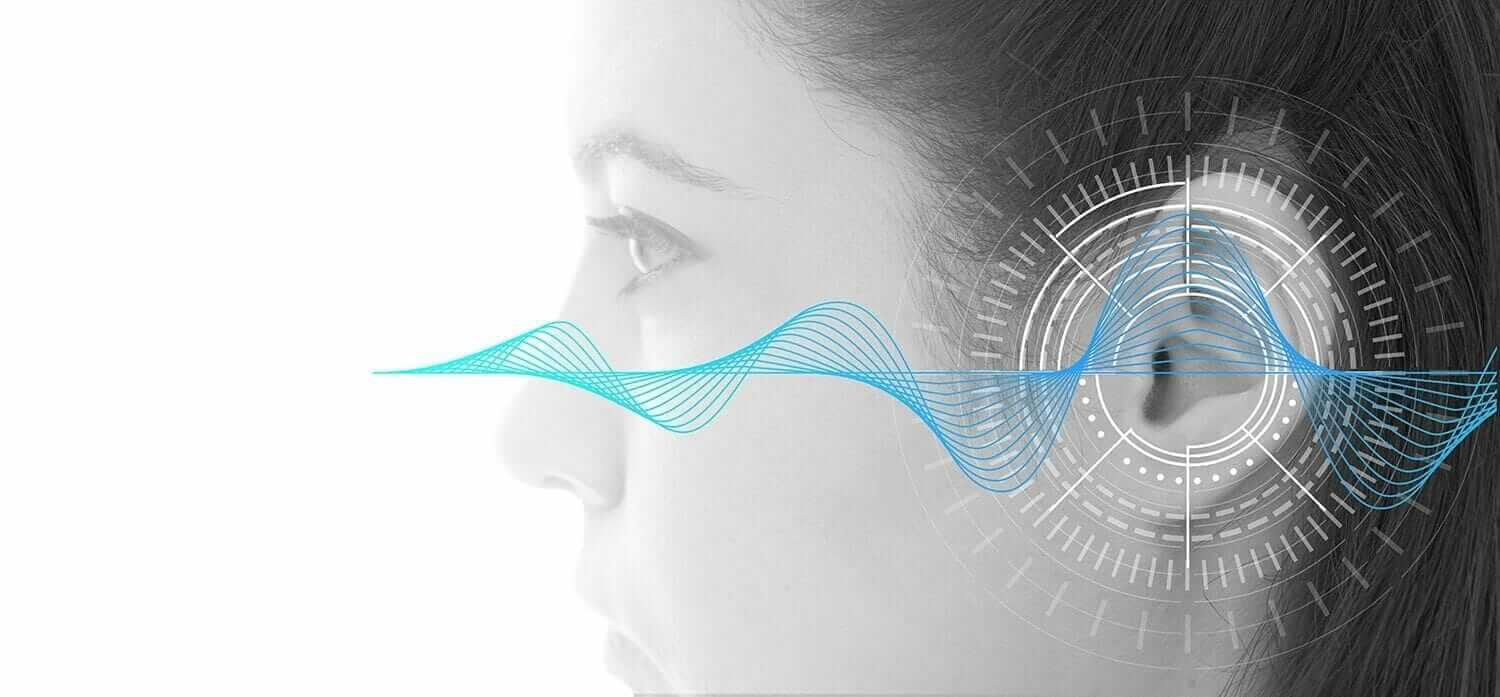
Different Ways People Experience Tinnitus
Tinnitus is unique to every individual. Even though two people may describe their tinnitus similarly, such as a high-pitched ringing, they may still perceive this sound very differently.
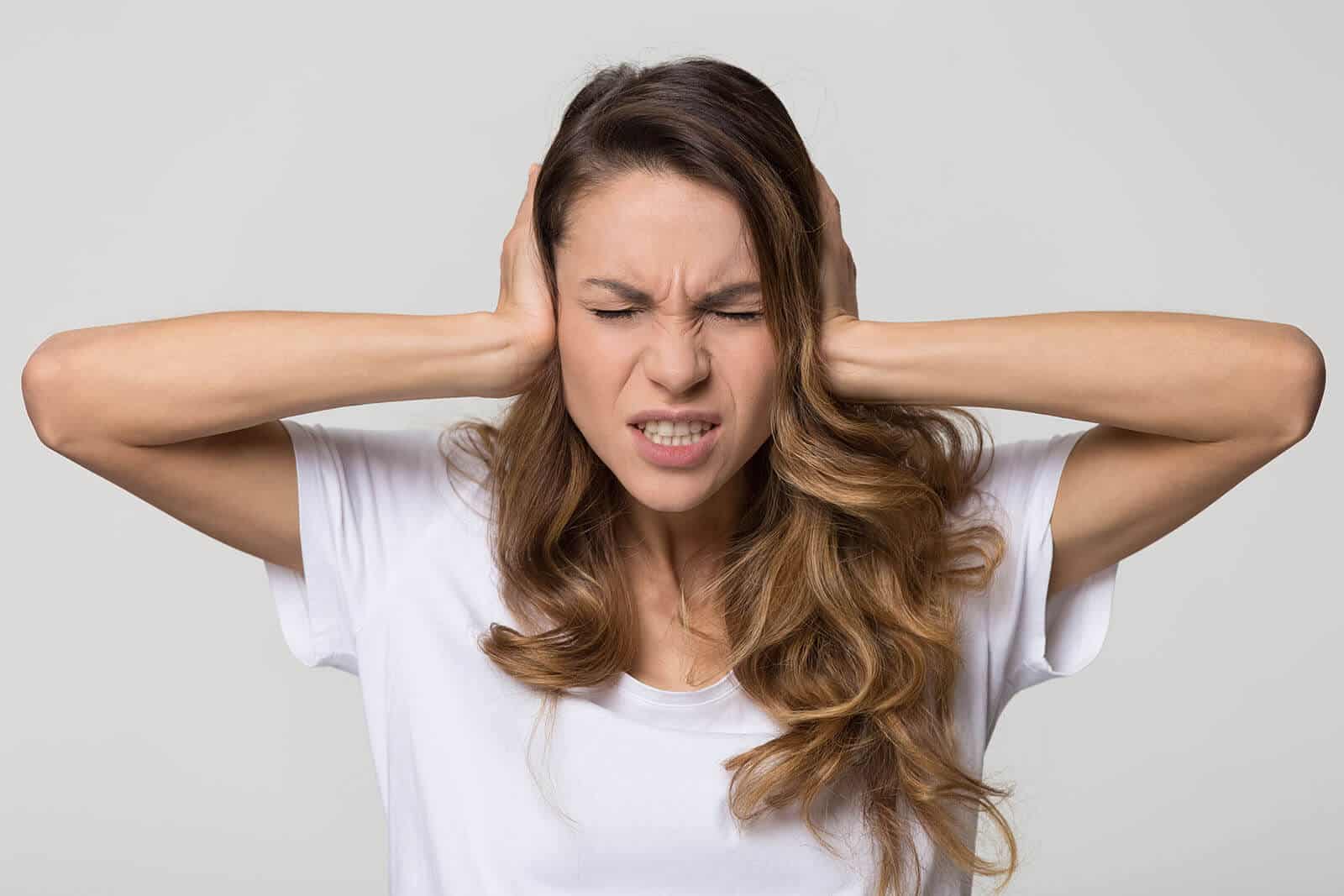
The Dos and Don’ts of Living With Tinnitus
Millions of people experience tinnitus every year. The persistent noise from tinnitus can make even simple daily tasks a challenge. Some people experiencing tinnitus report that they’re having trouble concentrating because their tinnitus is such a distraction. Others emphasize the negative effects that tinnitus has had on their personal relationships.
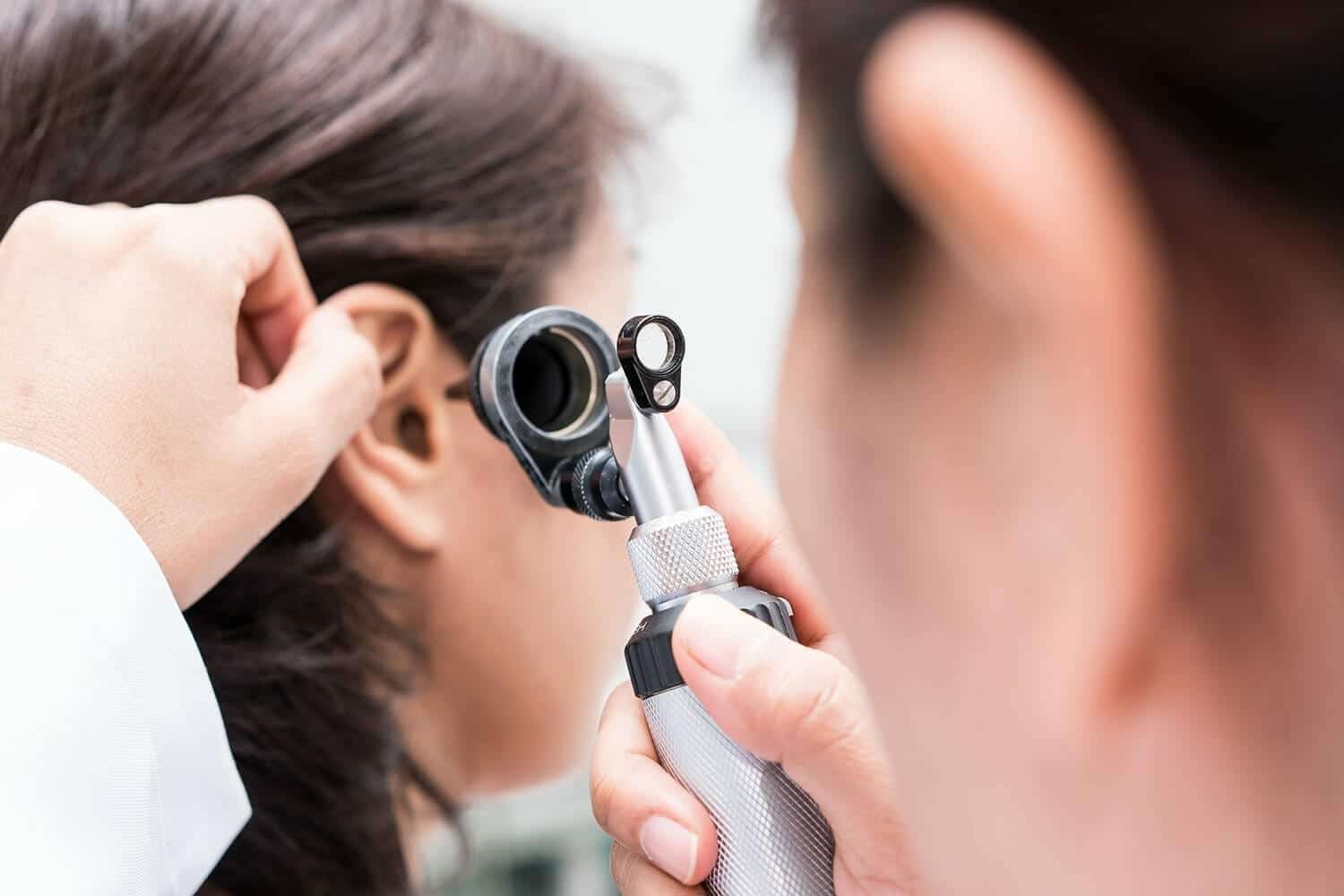
How is Hearing Loss Tested and Measured?
Hearing loss is incredibly common and will affect nearly all people, to some extent. In fact, on average, we lose about 0.5 percent of our ability to hear per year. This means that, typically, the average person will only hear about 80 percent as well as they were able to 40 years ago.
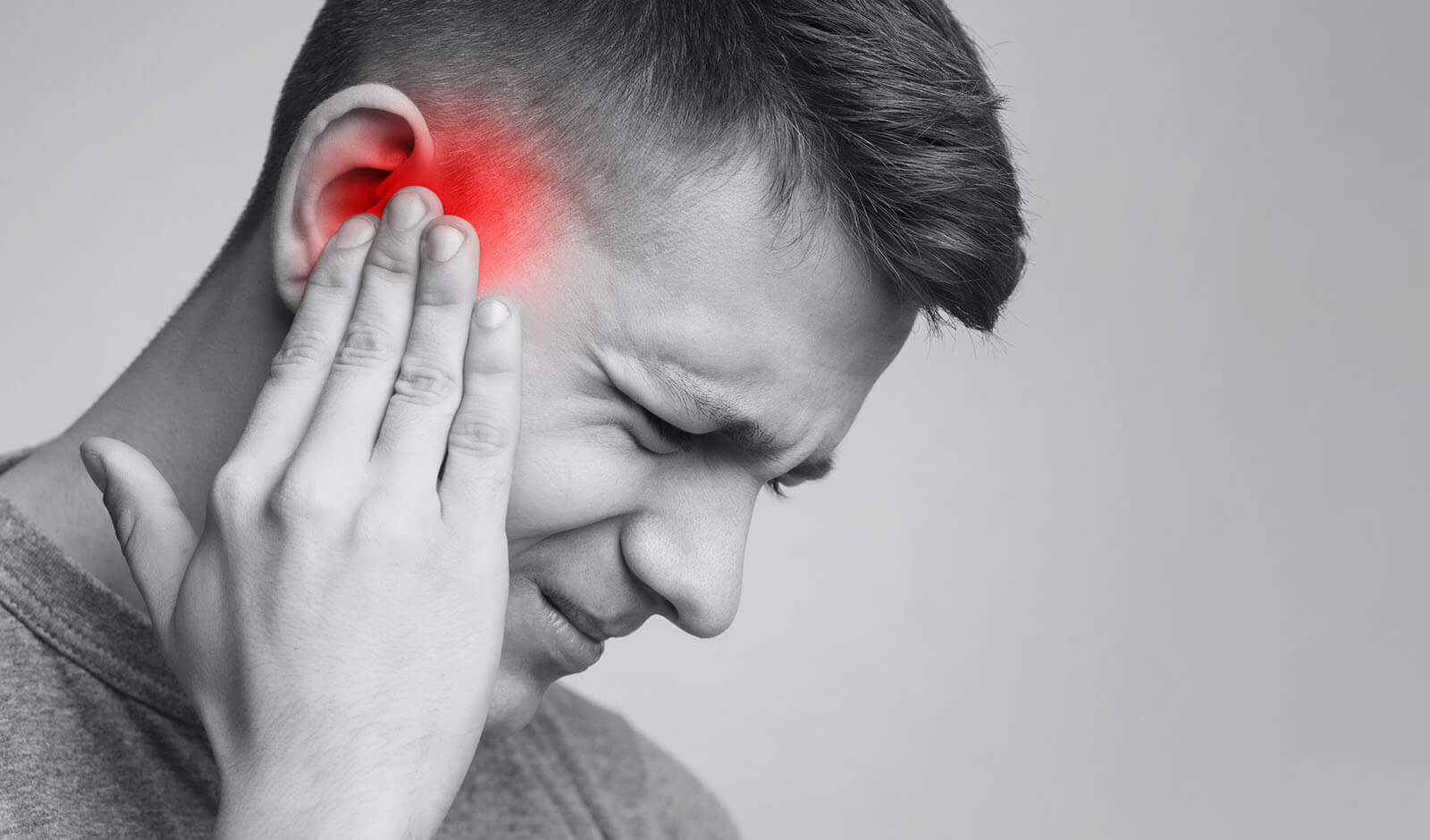
6 Causes of Hyperacusis
Hyperacusis is a relatively rare hearing disorder that amplifies the everyday sounds around you. While not life-threatening, hyperacusis can make life complicated, strain social relationships, impede your work, and add unneeded stress to the activities you enjoy and love. If you think taking off in an airplane, attending a concert, or cheering on your favorite sports team can be loud, imagine trying to do any of these things while suffering from hyperacusis. This is the daily reality for many people.

Becoming an Audiologist: Everything You Need to Know
Currently, there are about 16,000 licensed audiologists in the United States. Audiology is a growing field that is also very dynamic. Audiologists, generally speaking, are responsible for helping people with hearing issues and other conditions related to the ear.
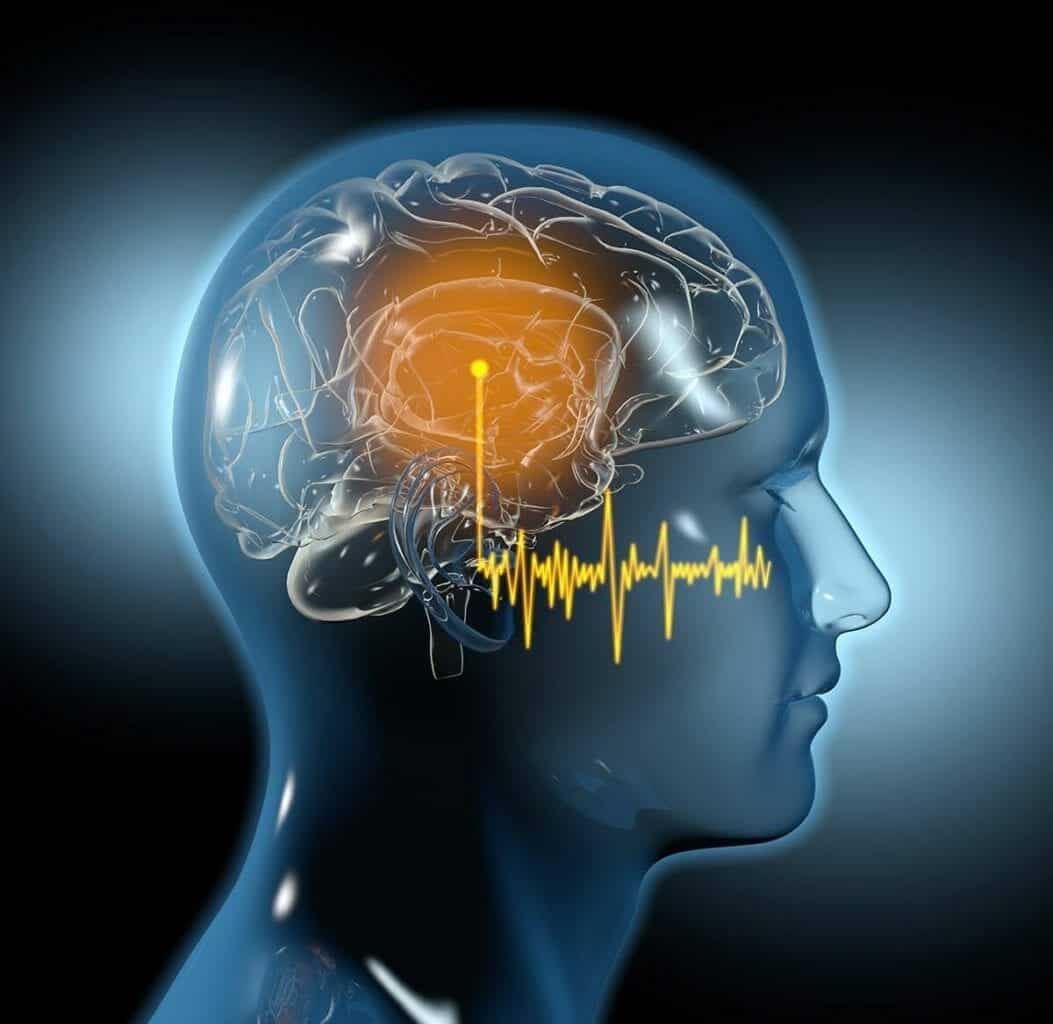
Does Tinnitus Retraining Therapy Work?
Tinnitus is a very common hearing symptom that affects about 20 percent of the population. Left untreated, tinnitus can create an array of problems, including sleeping difficulties, interrupted thoughts, negative moods, and challenges holding a conversation.

Is Tinnitus Genetic?
Tinnitus is a sound that is perceived in the ears or head of an individual. It often occurs due to changes or damage to the auditory system, which results in hyperactivity of the neurons along the auditory pathway in the brain. This hyperactivity is what people “hear” as tinnitus (and depending on where the damage occurs, it can sound slightly different for everyone).

Are Hearing Aids Tax Deductible?
Currently, about 10 million Americans have hearing aids or a related hearing device. Hearing aids are remarkably useful for treating hearing loss, especially since there is no cure for sensorineural hearing loss.

Pulsatile Tinnitus – Symptoms, Causes & Treatments
Pulsatile Tinnitus (PT) often is heard as a rhythmic, whooshing, thumping, or throbbing in one or both ears. Some report it as merely annoying; for others, the sounds are intense and debilitating, making it difficult to concentrate or sleep.
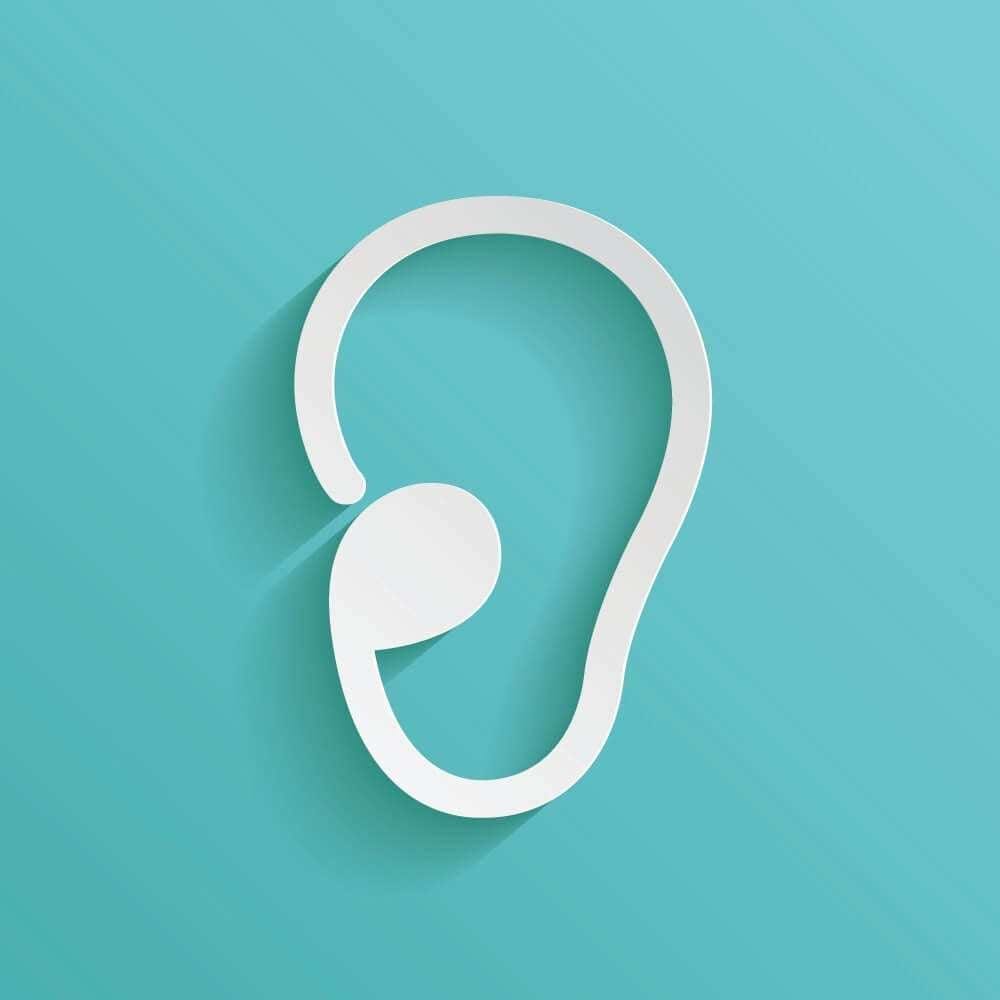
Can Hearing Loss be Reversed?
In this article, we will discuss the most important things for you to know about hearing loss and how and when hearing loss can be reversed.
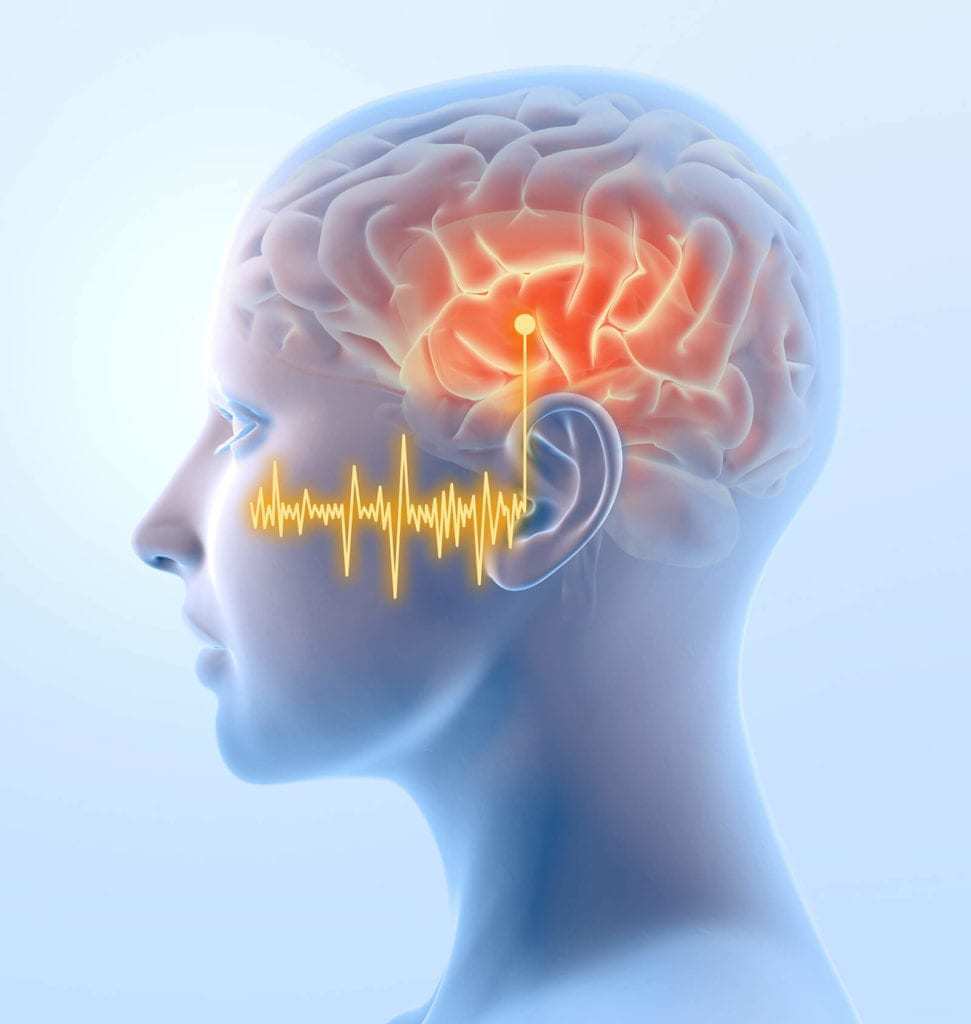
How To Use Sound Therapy for Tinnitus
Tinnitus is an extremely common hearing problem that affects about 15 percent of all adults. Individuals who experience tinnitus will consistently hear hissing, ringing, buzzing, or other unpleasant sounds, even when there are no external sources of sound present.
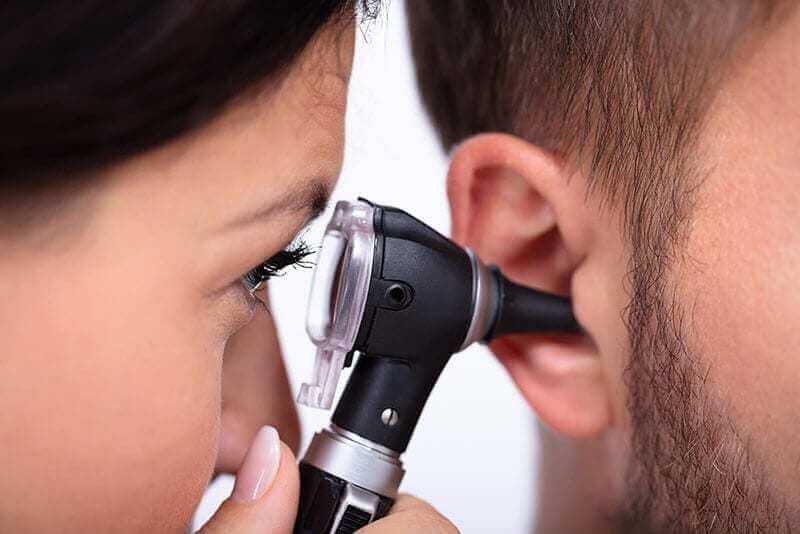
Audiologist vs ENT vs Physician: What’s the Difference?
If you’re suffering from hearing or balance issues you may be confused about where to turn for help. In this guide, you’ll discover the difference between an Audiologist and ENT, and when to visit one.

Yoga for Tinnitus: How Yoga Can Be Used to Help Treat Tinnitus
Yoga is one of many possible ways to effectively control or manage tinnitus. Tinnitus affects 15 percent of all adults, and as a result, has inspired many creative approaches to treatment. Though yoga should not be relied on to be the end-all, be-all tinnitus treatment, studies and personal testimony consistently suggest it be beneficial.
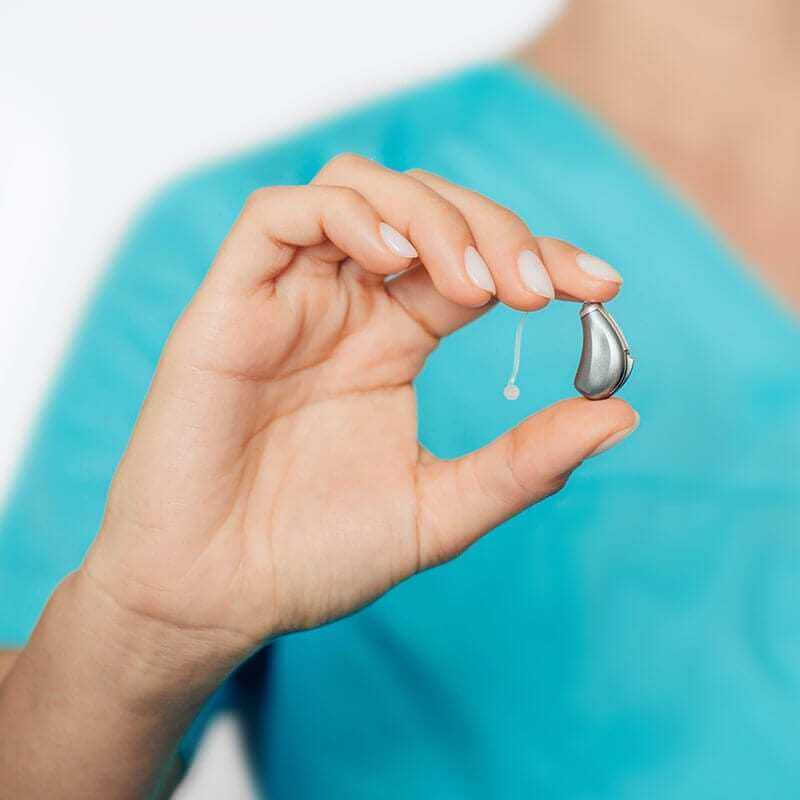
Do Hearing Aids Help With Tinnitus?
In certain cases, hearing aids have been shown to help reduce tinnitus. According to a study conducted by Sergei Kochkin (Ph.D.) and Richard Tyler (Ph.D.), 60% of 230 surveyed patients experienced some relief from their tinnitus through the use of hearing aids alone. These devices are most effective when used in conjunction with Tinnitus Retraining Therapy (TRT) to assist in the management and control of tinnitus. In this article, we will cover how the use of hearing aids can help manage tinnitus.
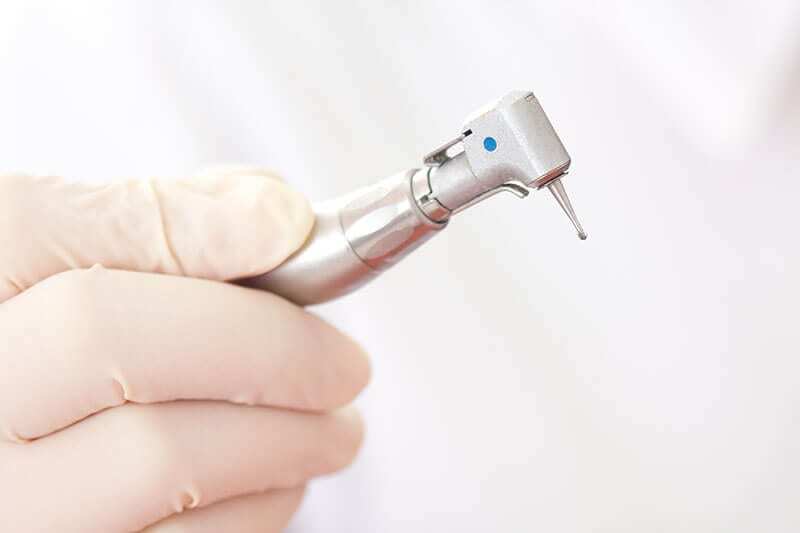
Hearing Loss and Tinnitus Among Dentists
Fortunately, there are quite a few things that dentists can do to help treat and prevent occupational hearing conditions like tinnitus. In this guide, we will discuss a few important facts dentists need to know about tinnitus and hearing loss, plus offer a few prevention tips.
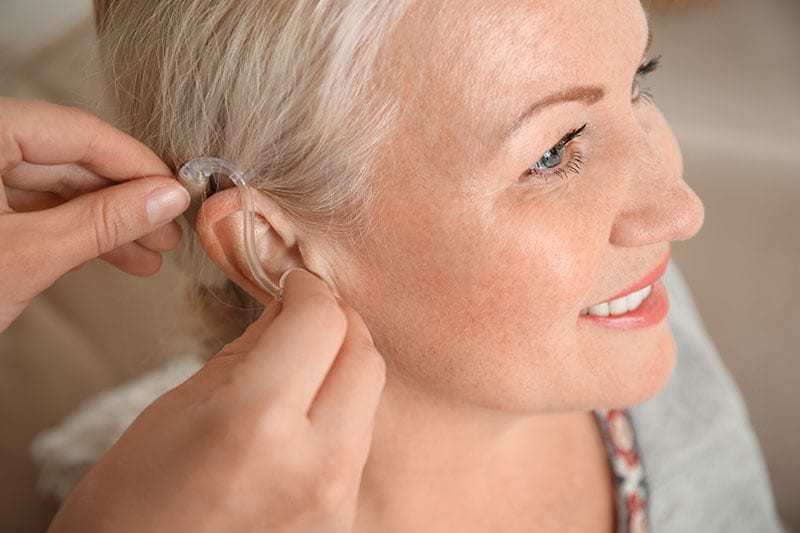
9 Features in Today’s Hearing Aids You Wouldn’t Find Twenty Years Ago
There is no denying that over the past few decades, the technologies we use in our everyday lives has been rapidly changing. Many of these changes revolve around the use of smartphones, smart homes, and other “smart” systems, but developments in industries such as audiology have often gone overlooked by the general public.

Insurance for Tinnitus and Hearing Aids
We understand how confusing insurance can be. It is for all of us – especially when dealing with reimbursement for tinnitus and/or hearing services! These challenges are not for everyone, but we are here to help you get the most out of your benefits. We have a dedicated insurance team to help navigate and determine insurance for tinnitus and hearing aids.

How to Make Your Hearing Aids Last
In this guide, you’ll learn 4 ways to make your hearing aids last longer. Hearing aids offer serious benefits, but they’re also a serious investment. It makes sense that you wouldn’t want to pay for a new pair every year. Not sure how to make your devices last? While hearing aids have a fairly long life span – between three and five years, depending on the kind of hearing aid you use – there are several things you can do to get the most bang for your buck.

Middle-Age Hearing Loss and Dementia
Approaching your golden years can be a joy, but unfortunately, it may also come with some frustrating health issues, such as hearing loss and dementia.

Sound Relief Spotlight: Dr. Kaela Fasman, Au.D., FAAA, CCC-A, CH-TM
At Sound Relief Hearing Center, we work hard to hire talented, friendly people who love what they do. To help our clients get to know the smiling faces they meet at our offices, we decided to offer an inside look into our workplace culture and community here on our blog. Our Sound Relief Spotlight series introduces you to a new staff member each month, exploring how they came to work at Sound Relief Hearing Center, why they enjoy their work, and what they like to do in their spare time.

Cannabis and Tinnitus
Tinnitus – the perception of a sound when no external noise is present – is an extremely common and often debilitating problem. In fact, around 50 million Americans experience some form of tinnitus and 2 million suffer from such severe symptoms, they struggle to function on a day-to-day basis. While there are several measures you can take to improve tinnitus symptoms, there is currently no cure for the condition.

Did George Washington Wear Hearing Aids? – The History of Hearing Aids
If you struggle with hearing loss, it’s easy to feel alone. Not only is it more difficult to communicate with people, but also you may feel as if no one you know can understand what you’re going through.

Tinnitus and Suicide
The U.S. is experiencing a suicide crisis. Recent data released by the Centers for Disease Control and Prevention (CDC) shows that the national suicide rate...

Celebrating Better Hearing and Speech Month in May
Did you know that May is Better Hearing and Speech Month? The American Speech-Language-Hearing Association (ASHA) created this special event in 1927 to raise...

The Critical Importance of Effective Military Hearing Protection
Whether you're a current member of the armed forces, someone considering joining the military, or a friend or loved one of a service member, never...
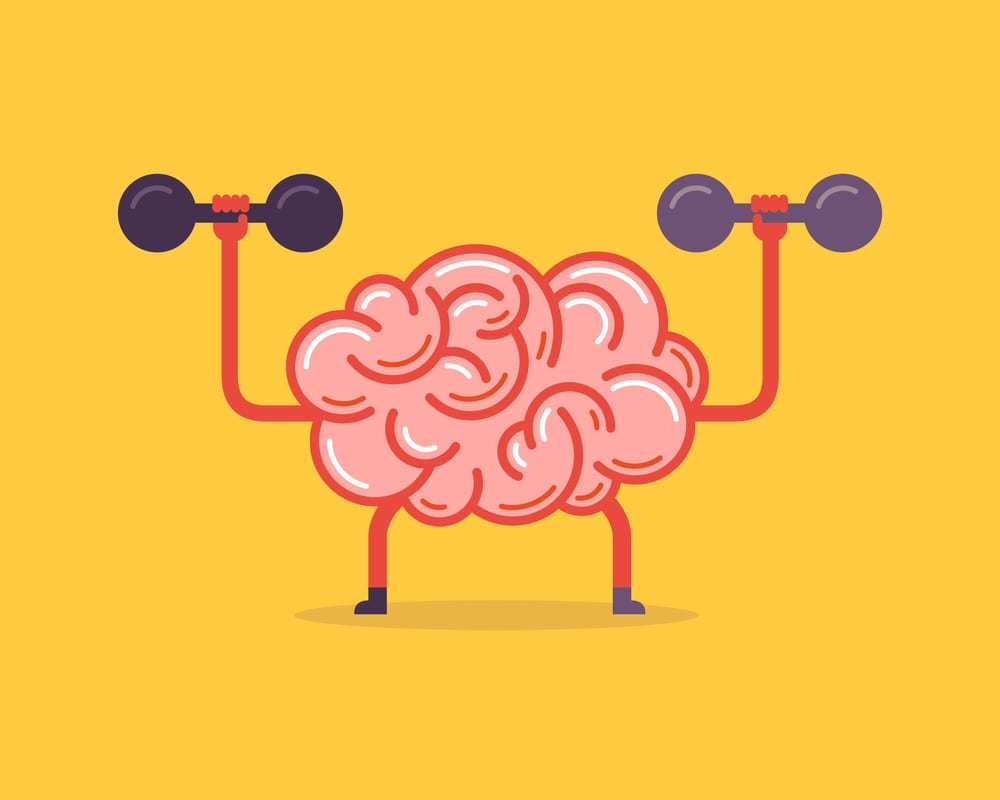
Cognitive Brain Training and How It Relates to Hearing Health
After graduating from school, you might have cheerfully said goodbye to homework and tests, but we hope you haven't used that as an excuse to let your brain...

Smoking and Hearing Loss
Did you know that smokers are 70 percent more likely to develop hearing loss than nonsmokers? Yet despite this correlation and the many harmful side effects...

Hearing Loss and Heart Disease
Heart disease is one of the most common killers in the United States. According to the Centers for Disease Control and Prevention (CDC), heart disease kills...

Hearing Protection for Musicians
Musicians experience the world a little differently, especially when it comes to their relationship with sound. They create art that profoundly impacts lives...

Cancer Treatment and Hearing Loss
If you or a loved one are in the midst of cancer treatment, you are likely familiar with some of the side effects. One of the lesser-known side effects can...

Adventures with Hidden Hearing Loss
By Dr. Tony Kovacs, Au.D. Have you ever been to a restaurant with family or friends and noticed your guests are having an easier time understanding the...

Babies on Airplanes
There's nothing quite like the joy of parenthood – and we should know. As a practice comprised of over 85 percent women, most of us are moms. We know about...

Hearing Health Tips for Back-to-School Season
Fleets of school buses have taken to the streets. Kids are rocking new threads. The crispness of fall is beginning to creep into the air. It’s official:...

Why Do My Ears Feel Clogged?
Do your ears feel stuffy and clogged? Are you suffering from sudden hearing loss or difficulty hearing? From impacted earwax to a sinus infection, clogged...

What Is a Decibel?
We live in a rich, sensory world full of exciting things to see, smell, taste, and hear. Unfortunately, as we go through life, we might be exposed to things that damage our senses – especially our hearing, which can be easily compromised through sudden or prolonged exposure to loud sounds. To protect your hearing, you need to be able to measure the loudness of sounds you’re exposed to through decibels. But what is a decibel? How can we measure decibels to protect our hearing? Read on to find out.
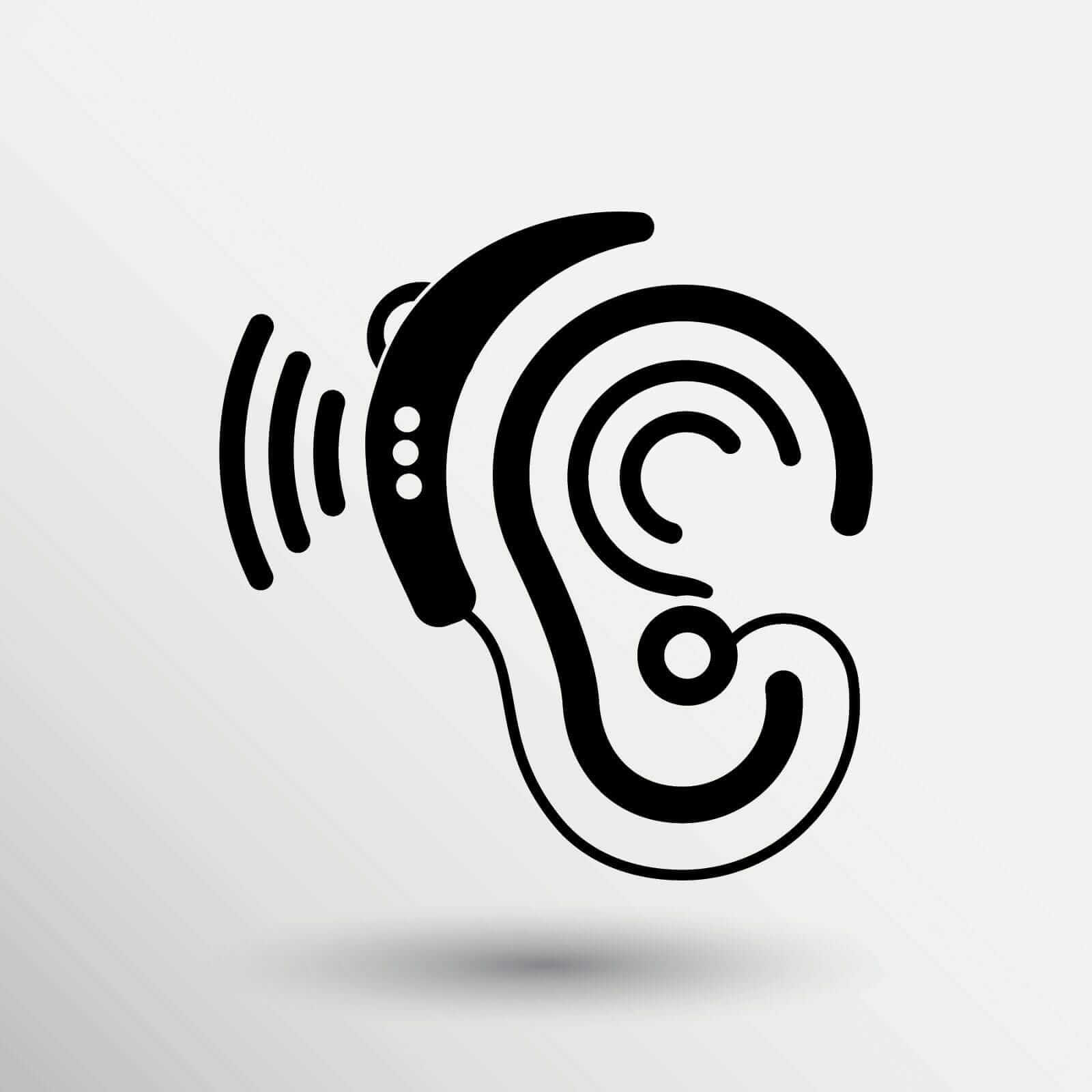
The Zinc Air Battery
Once upon a time, computers had footprints the size of warehouses. Now, machines that are far more powerful than their predecessors fit easily in the palm of your hand and allow you to do everything from making a phone call to taking a picture to surfing the internet. As technology has gotten smaller, more portable, and more entrenched in people’s daily lives, the demand for batteries that are both small and powerful has exploded. The zinc air battery fits the need for petite and powerful products perfectly.

Rechargeable Hearing Aid Batteries
Using hearing aids to better hear the world around you can improve your quality of life immensely, so it’s no wonder that people who routinely wear these devices want to keep them working smoothly. The battery powering a hearing aid will influence its performance, and there are various batteries to choose from. Are rechargeable hearing aid batteries a good choice for you?

How Hearing Aids Prevent Hospital Visits
Hearing loss can be much more than an inconvenience. It also has the potential to be a serious health hazard. In fact, a recent University of Michigan study...

Best Apps to Measure Noise Levels
If you have a smartphone, you already have a valuable tool close at hand that can help you protect your hearing. With the right app, you can check whether surrounding sounds are too loud. The best apps to measure noise levels provide accurate results and make it easy for you to tell when a loud sound is actually too loud.

The Link Between Migraines and Hearing Loss
For some, a migraine starts with mental and physical warning signs: tiredness, mood changes, craving sweet foods, feeling thirsty, a stiff neck, etc. For others, it begins with a visual aura or nausea. Then comes the notorious pain and pounding sensation in the head. If you’re a migraine sufferer, you’re probably familiar with your own stages of a migraine, but do you know about the link between migraines and hearing loss? Educate yourself on how migraines can permanently impact your hearing, and contact your doctor or audiologist to get treated today.
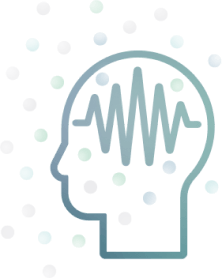
Treatments for Misophonia
Do you feel enraged when you hear people chewing?
Ever snapped at someone for breathing too loudly?
Does your blood boil when you hear a person sigh, sniff, or snore?

The Link Between Oral Health and Hearing Loss
Learning that your hearing health is excellent may make you smile, but did you know that your oral health can actually influence your ability to hear? Tooth decay and gum disease are caused by pathogenic bacteria, which can enter the bloodstream and threaten a person’s overall health.

Our New Office in Scottsdale, AZ
Sound Relief Hearing Center is thrilled to announce the opening of a new office in Scottsdale, Arizona, which opened its doors on April 2, 2018. Dr. Julie Prutsman began Sound Relief Hearing Center in December 2011 in her hometown, Highlands Ranch, Colorado. Since then, our team of talented audiologists has helped thousands of patients from all around the United States at our six locations in Colorado: Denver, Highlands Ranch, Centennial, Fort Collins, Golden, and Westminster. With our new office in Arizona, we hope to expand our reach and assist people in the Scottsdale community living with hearing loss, tinnitus, hyperacusis, and other hearing health issues.

The Impact of Hearing Loss and Tinnitus on Relationships
While hearing loss can make you feel alone in the world, many people understand exactly what you're going through - about 20 percent of Americans report some...
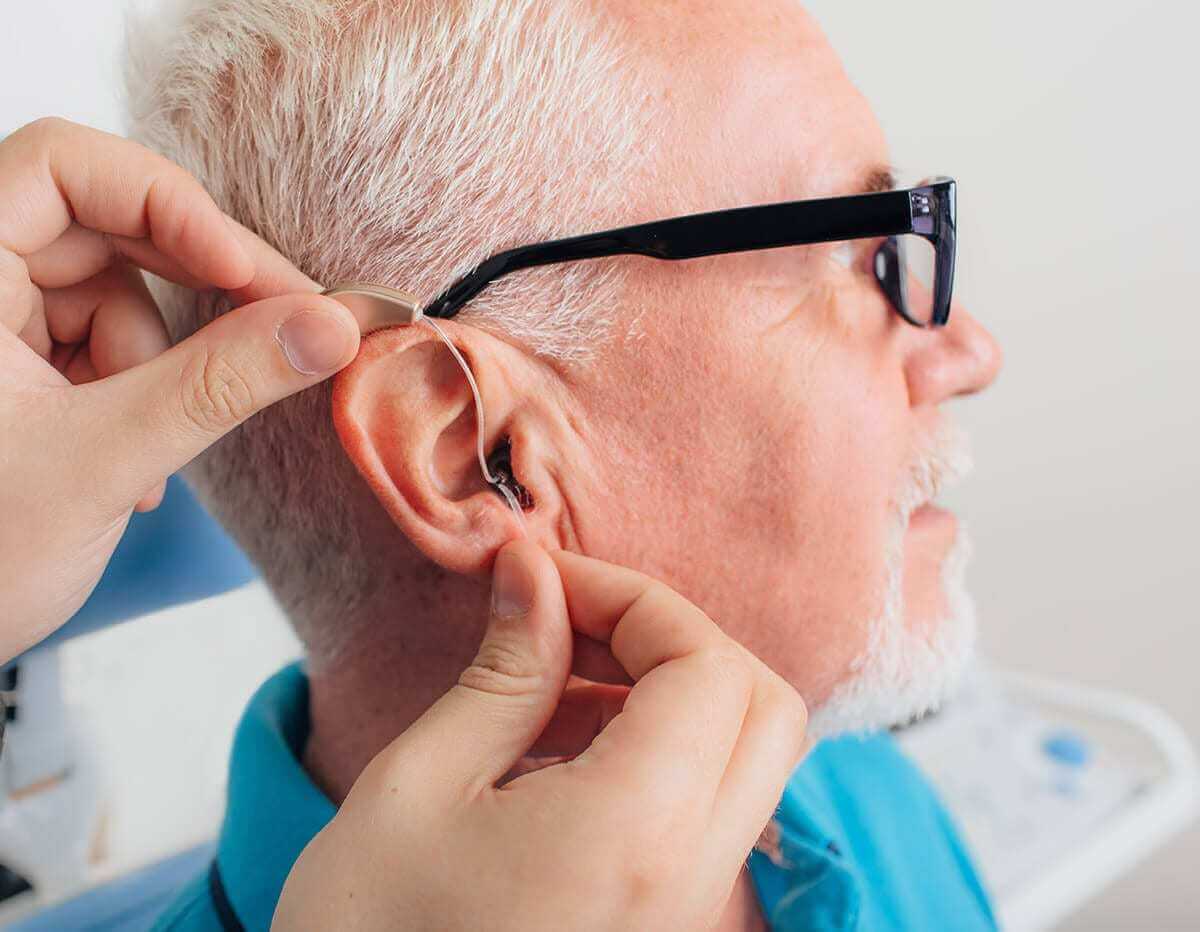
Hearing Aid Maintenance 101
If you or someone in your life wears hearing aids, it’s essential that you understand how to properly maintain them. Hearing aids don’t require a lot of upkeep, but it is important to care for and protect your devices. Proper hearing aid maintenance will help you to extend their lifespan, prevent breakdowns, and avoid repairs.
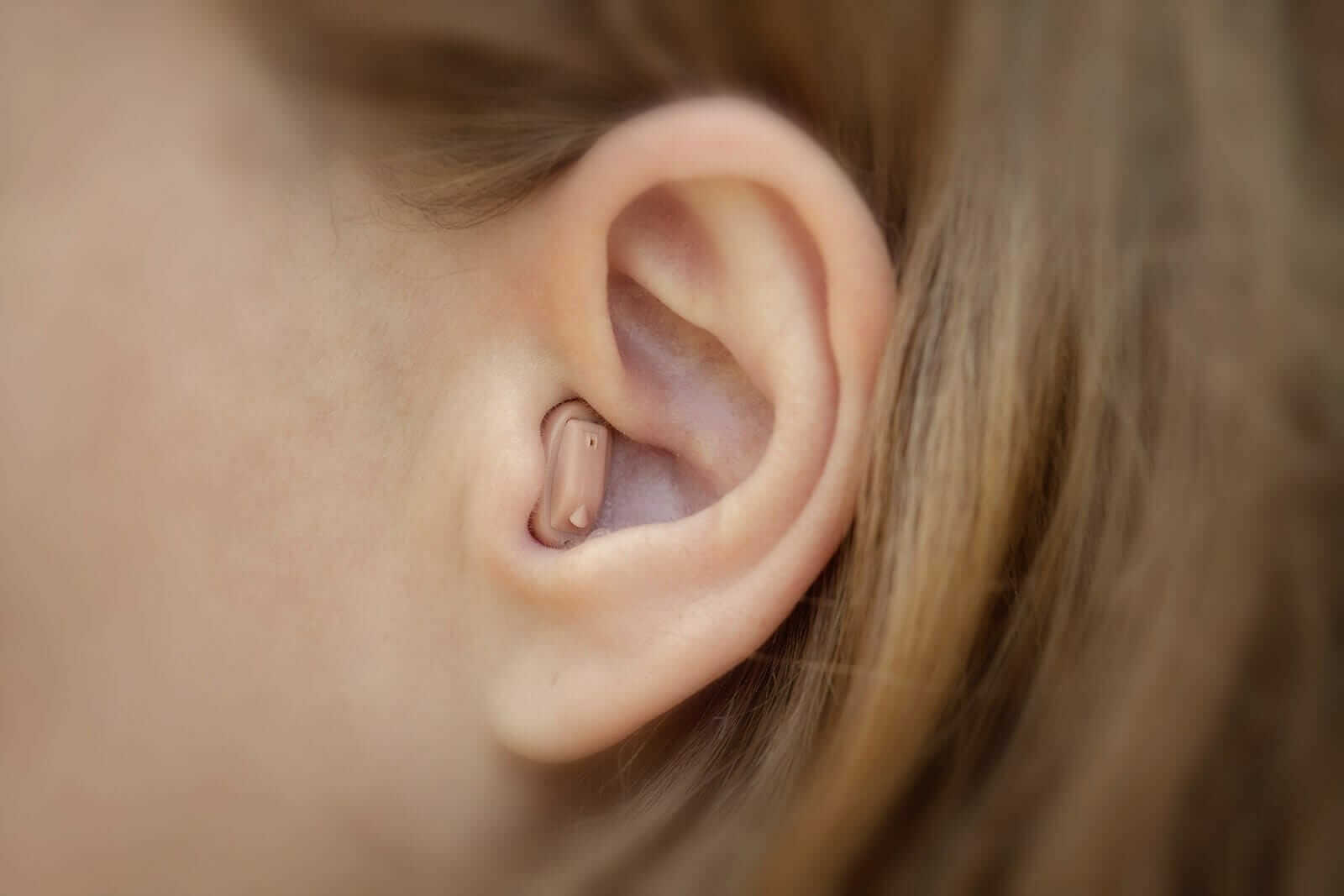
Hearing Aid Myths Debunked
Did you know that about 20 percent of Americans experience hearing loss? That’s over 48 million people! Hearing loss affects people of all ages. Depending on the cause, it may be minor or severe, temporary, or permanent. Unfortunately, many people who suffer from hearing loss don’t seek treatment because they’ve heard some harmful hearing aid myths. So if you’ve been hemming and hawing, wondering if you should contact an audiologist or not, take a look at our list of hearing aid myths below. The truth may surprise you.

List of Ototoxic Medications That May Cause Tinnitus or Hearing Loss
There are more than 600 prescription and over-the-counter drugs that can trigger tinnitus, make existing tinnitus worse, or cause a new tinnitus sound to appear. In fact, most drug classes have tinnitus-causing drugs sprinkled throughout. For example, antibiotics, painkillers, anti-anxiety, and anti-depression drugs, antimalarial medications, anti-cancer drugs, and blood pressure-controlling medications – to name a few – can all trigger tinnitus.
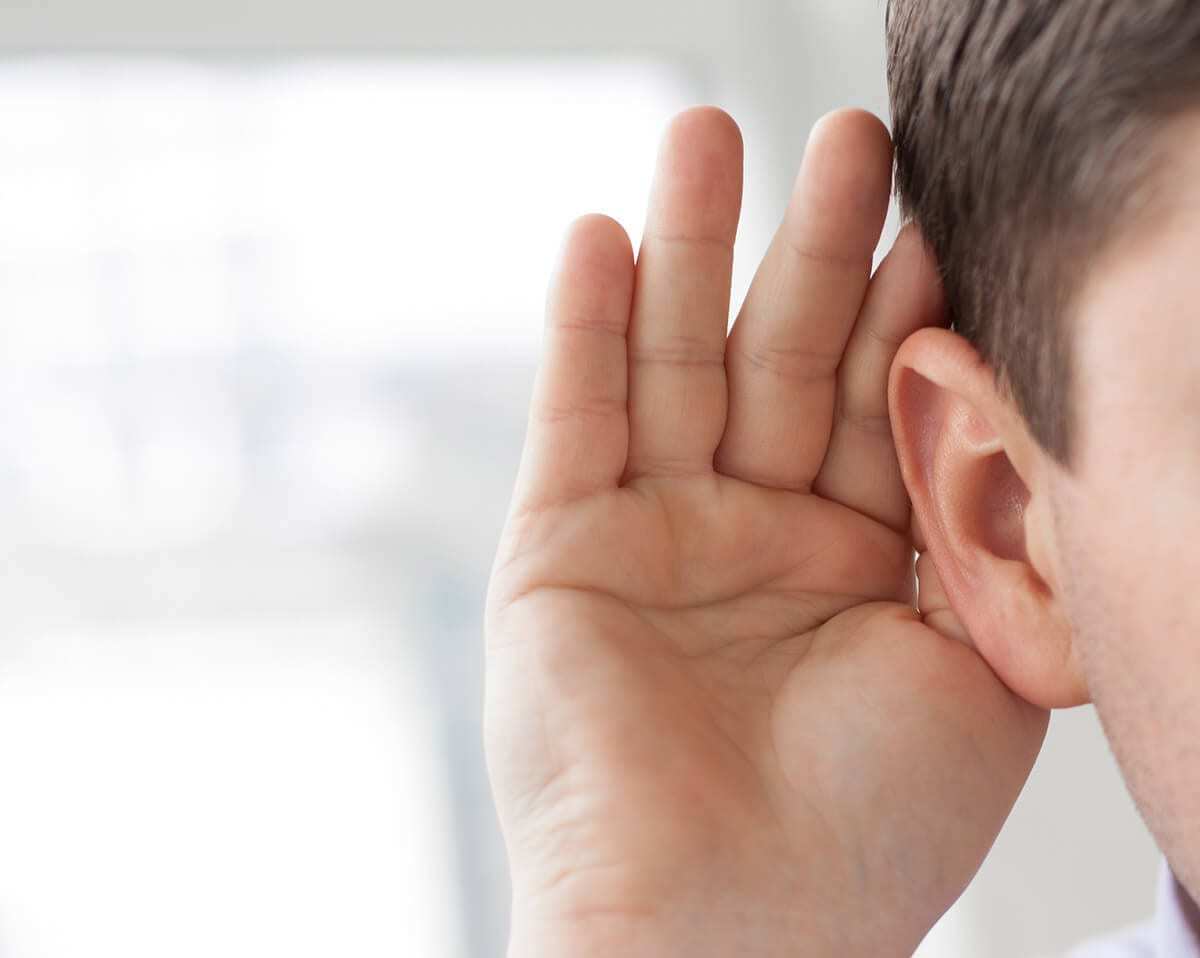
Treatment Options for Single-Sided Deafness
Ears come in pairs. But that doesn’t necessarily mean that hearing conditions come in twos as well. When it comes to single-sided deafness (SSD), that’s a good thing. SSD, also referred to as “dead ear,” is a condition in which a person has lost total hearing in one ear. In the other ear, the person may have anywhere from normal hearing to severe hearing loss. Treatment options for single-sided deafness often involve using your “good” ear to help correct the “dead” ear.

Stem Cells and Hearing Loss
Stem cells have an extraordinary power: the ability to divide for indefinite periods in culture and to give rise to specialized cells. Countless research studies have focused on stem cells and the many conditions that could potentially be treated using them, which has led audiologists to wonder about the relationship between stem cells and hearing loss. Do stem cells hold the key to a cure for hearing loss or tinnitus?

The Stigma of Hearing Loss
Hearing loss is completely natural, especially as we age. Unfortunately, in our society, there’s also a stigma attached to hearing loss, perpetrated by advertisers, the public, and even those with hearing loss themselves.
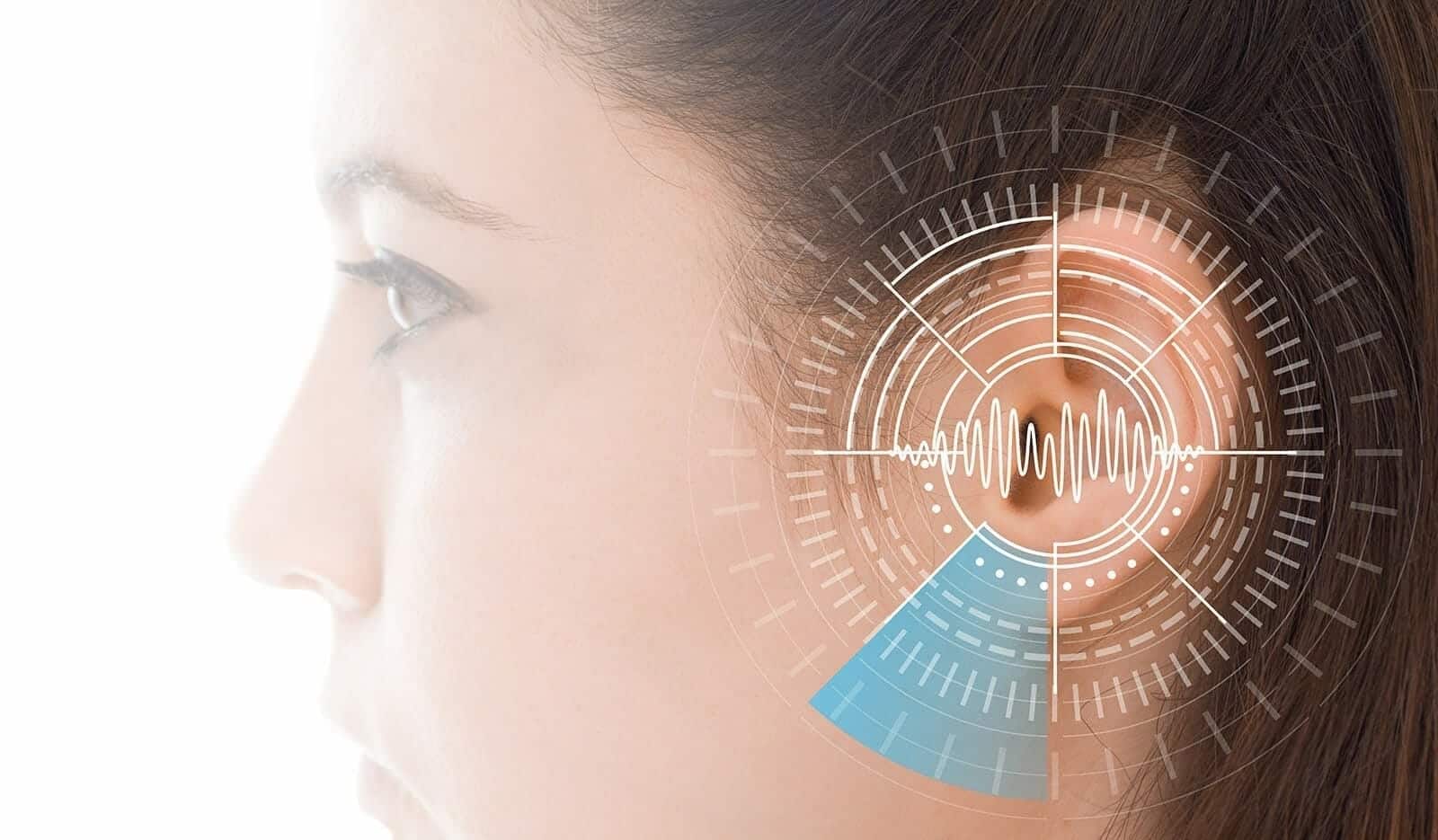
Sound Deprivation Leads to Irreversible Hearing Loss
Although some factors that account for hearing loss cannot be avoided, like family history, disease, and the aging process, others are directly related to a person’s choices. For example, noise exposure is one of the leading causes of hearing loss in adults. We’ve known for many years that loud environments endanger the ears, but until recently, we did not know that sound deprivation may also lead to irreversible hearing loss. So if you’ve been putting off a visit to the audiologist to discuss your hearing loss, why wait any longer? Your procrastination could have permanent consequences.

Treating Swimmer’s Ear
Earlier this month the USA cheered on Michael Phelps, Katie Ledecky, and many other swimming stars in the Summer Olympics in Rio de Janeiro, so now feels like the perfect time to discuss an aural issue that often affects swimmers: otitis externa. Fittingly known as “swimmer’s ear,” otitis externa is an infection of the outer ear canal. Treating swimmer’s ear is simple, but that doesn’t mean the condition isn’t unpleasant or serious. Learn more about the causes and symptoms below, but be sure to call your audiologist straight away if you believe you have swimmer’s ear.

What Is an Audiologist?
An Audiologist is a medical professional dedicated to the diagnosis, management, and treatment of hearing and balance issues in patients of all ages. To become a licensed audiologist, an individual must complete their Master’s Degree or Doctoral Degree from an audiology graduate program at an accredited university or a Doctorate in Audiology (Au.D.). In some cases, states may require additional licensing or certifications on top of a degree. To better understand audiologists’ training, knowledge, services, and importance, let’s delve a little deeper into the question, “What is an audiologist?”
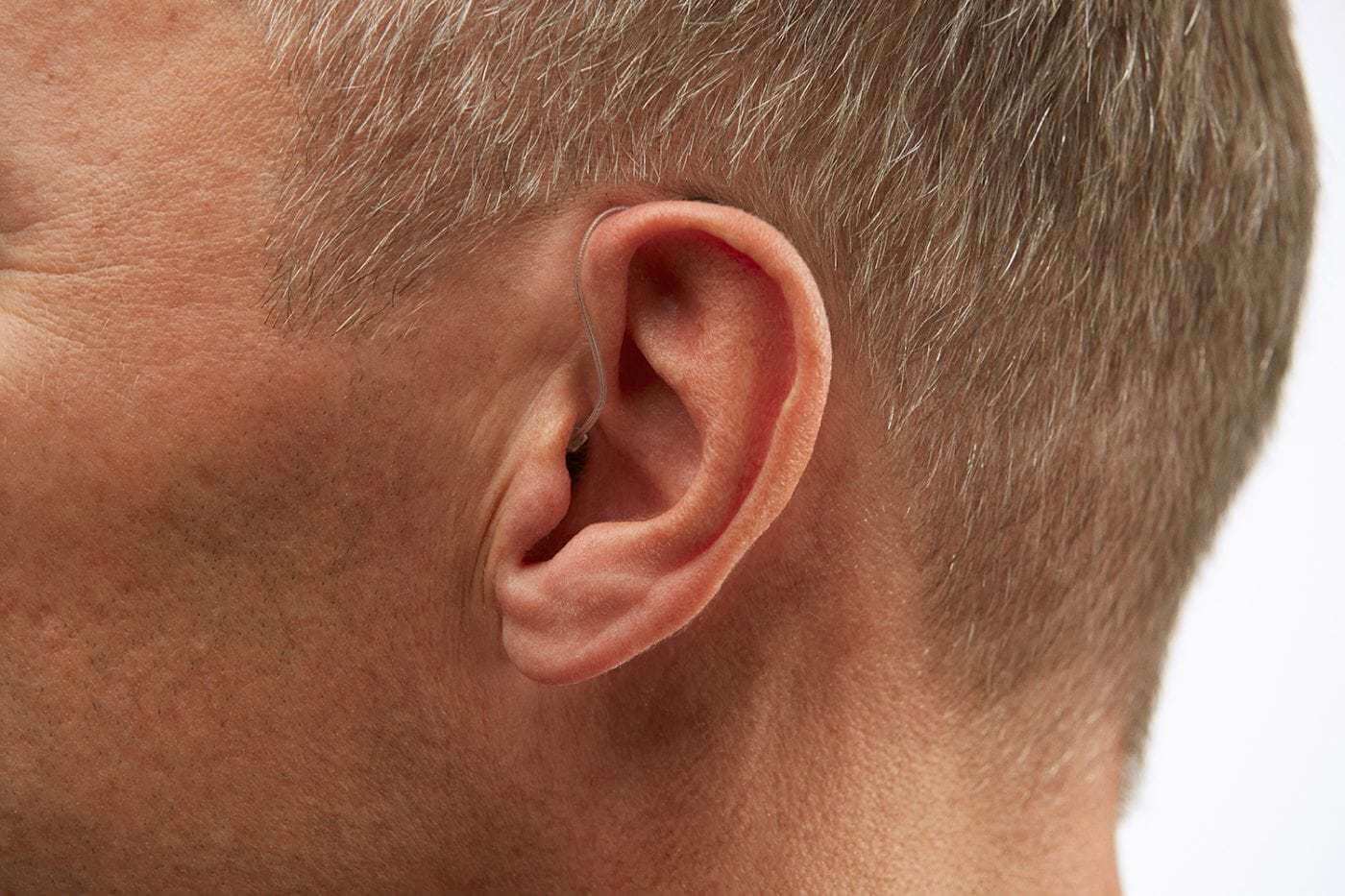
Types of Hearing Aids
Although we’re lucky to have access to excellent auditory technology these days, the selection can be overwhelming. Whether you’re new to the world of hearing aids or looking for an update, take some time to explore your options. Amongst the many types of hearing aids available, you will find several different styles and sizes, and the devices also differ in placement and degree of amplification. With the help of an audiologist, you can locate the right device for your specific situation.
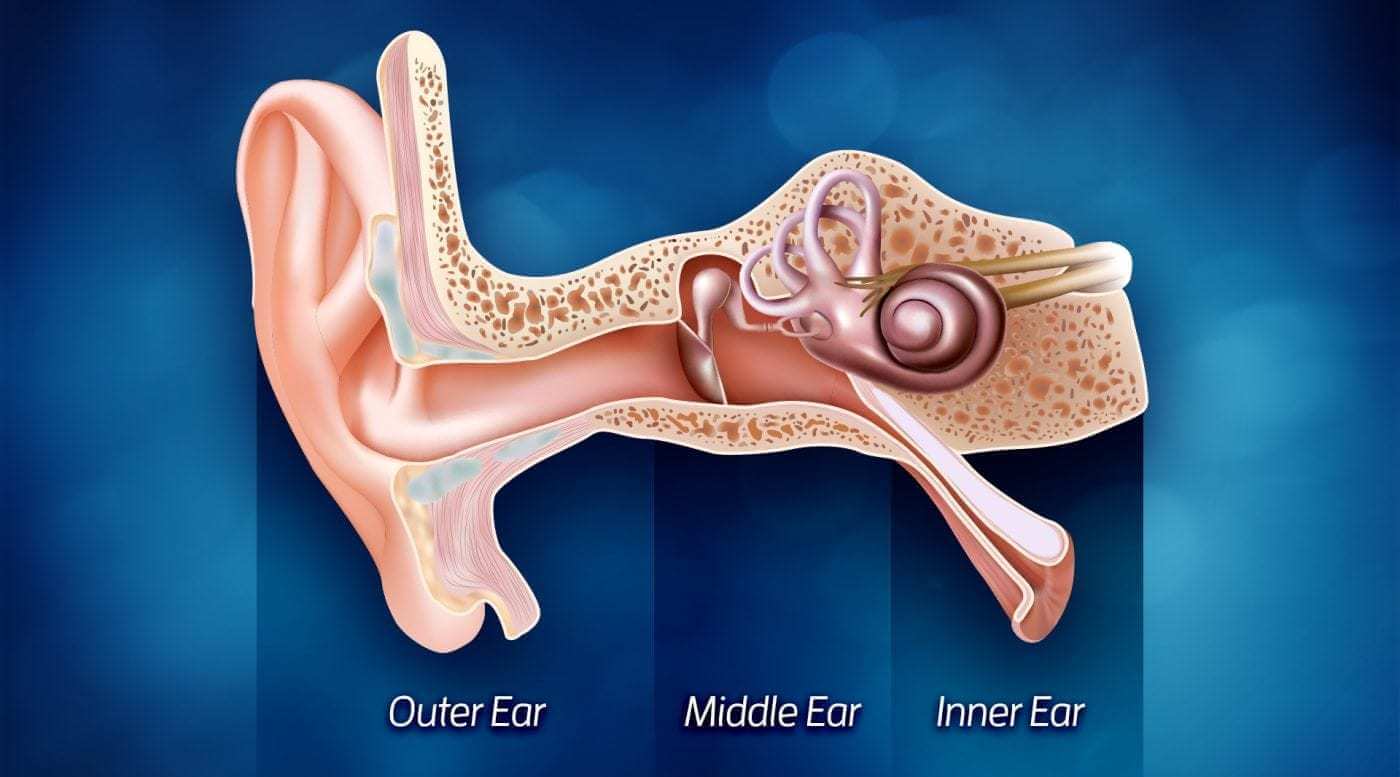
How Hearing Works
If you have never suffered from auditory issues like tinnitus or hearing loss, it is easy to take your hearing for granted. The hearing process is incredibly complex and relies upon numerous, minuscule parts. When your outer ear picks up a sound, an elaborate operation occurs so that the sound can be translated into information by the brain. Do you know how hearing works?

Hearing Protection Tips for Summer Concerts
Summertime is here, and many of our favorite musical artists will travel the country on big summer tours. For music lovers, there are few things more enjoyable than live music. The unfortunate irony is that attending these concerts and listening to loud music without hearing protection can cause hearing loss or tinnitus hence decreasing your ability to hear and enjoy music in the future.
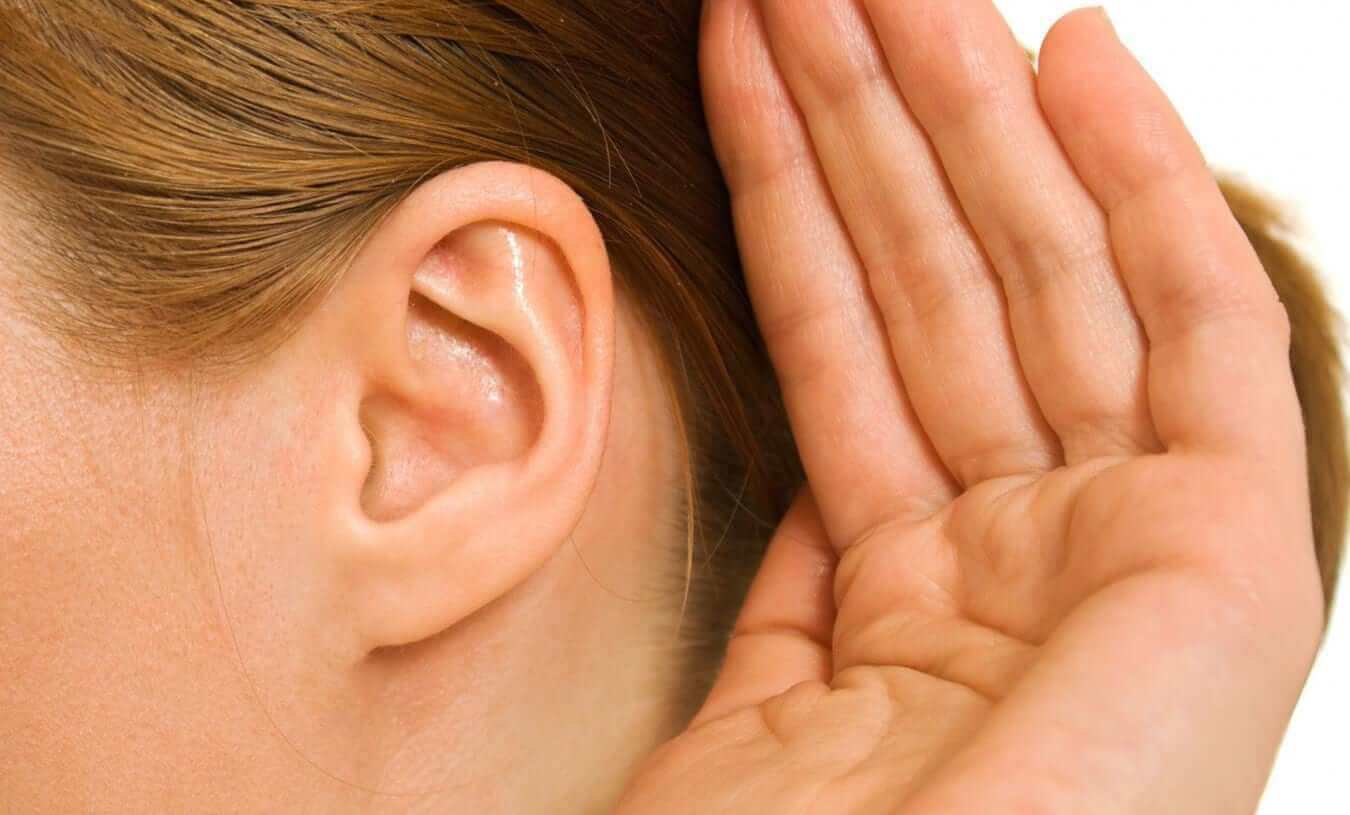
Causes of Hearing Loss
If you’re having trouble hearing, don’t suffer in silence. There are many different causes of hearing loss, and some can be successfully treated with medicine, surgery, or a hearing aid. The issue could be rooted in your inner ear, your middle ear, your outer ear, or even your auditory nerve. Sometimes hearing loss is genetic and unavoidable. Other times it results from an unfortunate accident or frequent exposure to loud noise. Discuss the causes of hearing loss with your audiologist to determine the source of your problem and explore potential solutions.
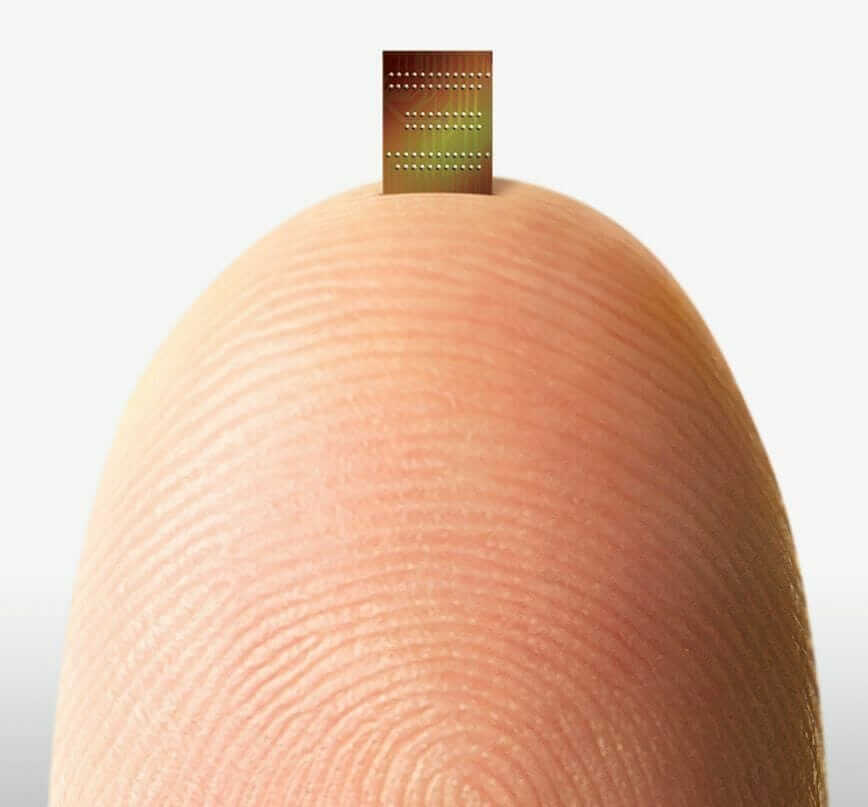
State-of-the-Art Hearing Aids Connect to the Internet
Dr. Julie recently attended a product release in Orlando introducing Oticon’s groundbreaking Opn™ device. This state-of-the-art hearing aid helps people with hearing loss hear better with less effort and better recall so that users can retain more of what is said. It expertly manages multiple noise and speech sources as well, so users don’t have to work as hard to understand speech. This is especially useful in challenging listening situations like restaurants.

How to Know If You Have Tinnitus
Do you ever hear ringing in your ears? What about roaring, buzzing, or hissing? Do these noises interfere with your daily life, making it difficult for you to relax or sleep? If so, you may have tinnitus, a condition characterized by the hearing of sound when no external sound is present.

Do Allergies Cause Hearing Loss or Tinnitus?
Spring has sprung! Along with ushering in warmer weather and beautiful blossoms, the season, unfortunately, increases pollen production and allergy symptoms. Although airborne allergens exist throughout the year, we see a dramatic increase in patients who suffer from allergy-related hearing loss and tinnitus in springtime. This may lead you to wonder: Do allergies cause hearing loss or tinnitus? Yes, in fact, allergies can impact hearing.
